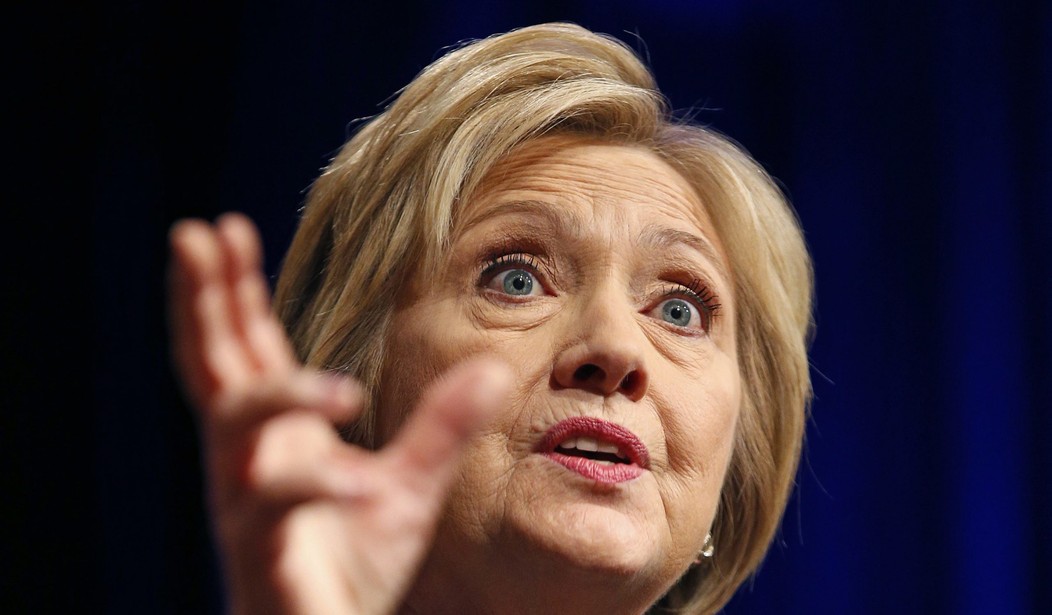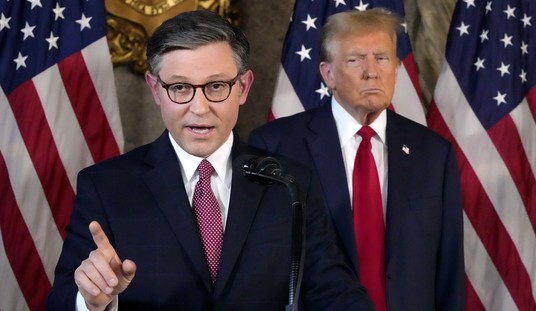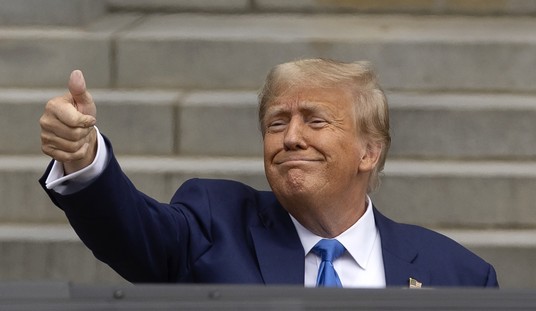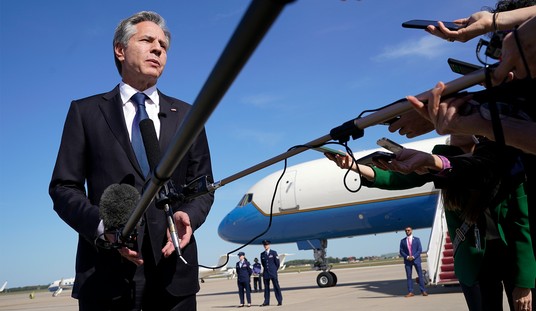A new report suggests that at least two U.S. counterterrorism operations were compromised due to Hillary Clinton’s “sloppy communications with her senior staff” while she was secretary of State. Newsweek interviewed a retired military adviser for the unsubstantiated but plausible report.
Bill Johnson, who was the State Department’s political adviser to the special operations section of the U.S. Pacific Command, or PACOM, in 2010 and 2011, says secret plans to eliminate the leader of a Filipino Islamist separatist group and intercept Chinese-made weapons components being smuggled into Iraq were repeatedly foiled.
Johnson says he and his team eliminated the possibility of other security leaks before settling on the unprotected telephone calls of the secretary of state and her aides as the likely source—though he quickly adds they have “no proof.”
“I had several missions that went inexplicably wrong, with the targets one step ahead of us,” Johnson tells Newsweek in an exclusive interview.
Clinton’s spokesman Nick Merrill calls the allegations “patently false.”
Johnson, a Bernie Sanders supporter who voted for Barack Obama in 2008, told Newsweek he had witnessed the sloppy communication habits of Clinton and her aides:
In January 2010, Clinton was in Honolulu to give a speech on the administration’s “pivot” to Asia when news of the Haiti earthquake broke. She retreated to the secure communications facility in the basement of Pacific Command headquarters to make calls to various military officials and humanitarian groups to help organize a response to the catastrophe. But she also “needed to talk to her senior staff on Mahogany Row,” her seventh-floor executive suite back in Washington, Johnson recalls.
The only problem: She did not readily have any secure telephone numbers or email addresses for her staff members because they were all using personal servers and phones. Security had prevented her traveling aides from bringing their personal cellphones into PACOM headquarters. They appealed to Johnson for an exception, but he refused, citing alarms and lockdowns that would be automatically triggered by any attempt to bring unauthorized signal-emitting units into the building.
Clinton came up with a work-around, Johnson says. “She had her aides go out, retrieve their phones and call the seventh floor from outside”—on open, unsecure lines, he says.
“My relationship with that group started downhill when I refused to let them bring phones and computers into my office [at the Special Operations Command],” Johnson recalls. “It was really an eye-opener to watch them stand outside using nonsecure comms [communications] and then bring messages to the secretary so she could then conduct a secure [call] with the military” and the State Department.
The State Department had no acting inspector general director from 2009 to 2013, freeing Clinton to flout existing rules regarding email communications with no oversight. According to the IG report that was formally released today, when staffers in 2010 expressed concerns about her email arrangement, they were blown off and told by a now retired official never to bring it up again.
The question of why she was more worried about what the American public could discover about her activities through FOIA than what hackers and foreign spies services could discover is a puzzle the FBI investigation is hopefully piecing together as part of their investigation. Former NSA analyst John Schindler at the New York Observer has some ideas about that.
Hints may be found in the recent announcement that Virginia Governor Terry McAuliffe, the former head of the Democratic National Committee and a longtime Clinton intimate, is under FBI investigation for financial misdeeds, specifically dirty money coming from China. In fact, Mr. McAulliffe invited one of his Beijing benefactors over to Ms. Clinton’s house in 2013. Not long after, Chinese investors donated $2 million to the Clinton Foundation.
That an illegal pay-for-play-scheme, with donations to the Clinton Foundation being rewarded by political favors from Hillary Clinton—who when she was secretary of state had an enormous ability to grant favors to foreign bidders—existed at the heart of EmailGate has been widely suspected, and we know the FBI is investigating this case as political corruption, not just for mishandling of classified information. That certainly would be something Ms. Clinton would not have wanted the public to find out about via FOIA.
Schindler opines that it’s “game over” for the Hillary Express now because the Democrat frontrunner has been seriously hobbled by the IG report. But the wounded Clinton campaign will limp on for a few more weeks until the FBI investigation is completed and their report comes out. Whether or not the attorney general decides to indict, that FBI report will likely be the coup de grace for Hillary.








Join the conversation as a VIP Member